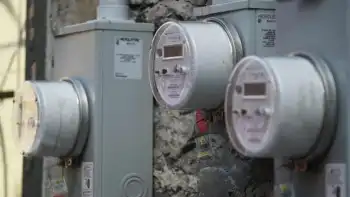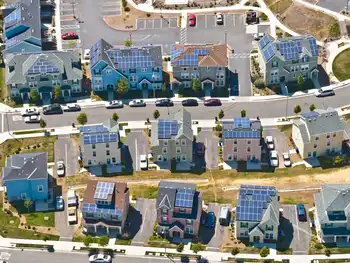Minnesota Signs Deal With Manitoba Hydro
WINNIPEG -- - The Minnesota Public Utilities Commission has unanimously approved a $1.7 billion power export deal with Manitoba Hydro.
It allows Minneapolis-based Xcel Energy to import power from Manitoba Hydro, despite the objections of aboriginal groups.
The 500-megawatt, 10-year deal was given the go-ahead.
It's an extension of an existing deal and will allow power to be exported until 2015.
Approval by Canada's National Energy Board is pending.
The Minnesota decision is a blow to the Pimicikamak Cree Nation of Cross Lake, Manitoba. They had asked the commission to first call a formal hearing into the social and economic impact of historic hydro development on their homeland.
Related News

In a record year for clean energy purchases, Southeast cities stand out
HOUSTON - Municipal Renewable Energy Procurement surged as cities contracted 3.7 GW of solar and wind, leveraging green tariffs, community solar, and utility partnerships across the Southeast, led by Houston, RMI, and WRI data.
Key Points
The process by which cities contract solar and wind via utilities or green tariffs to meet climate goals.
✅ 3.7 GW procured in 2020, nearly 25% year-over-year growth
✅ Houston runs city ops on 500 MW solar, a record purchase
✅ Southeast cities use green tariffs and community solar
Cities around the country bought more renewable energy last year than ever before,…




